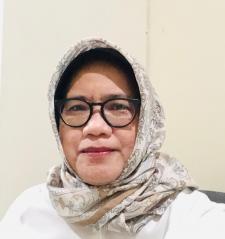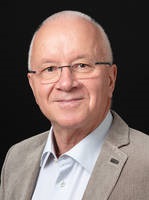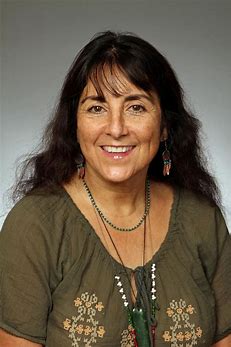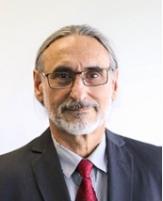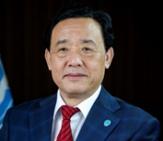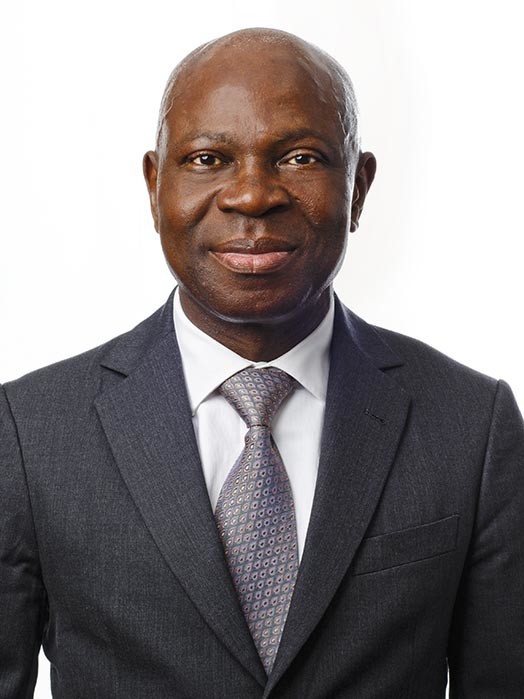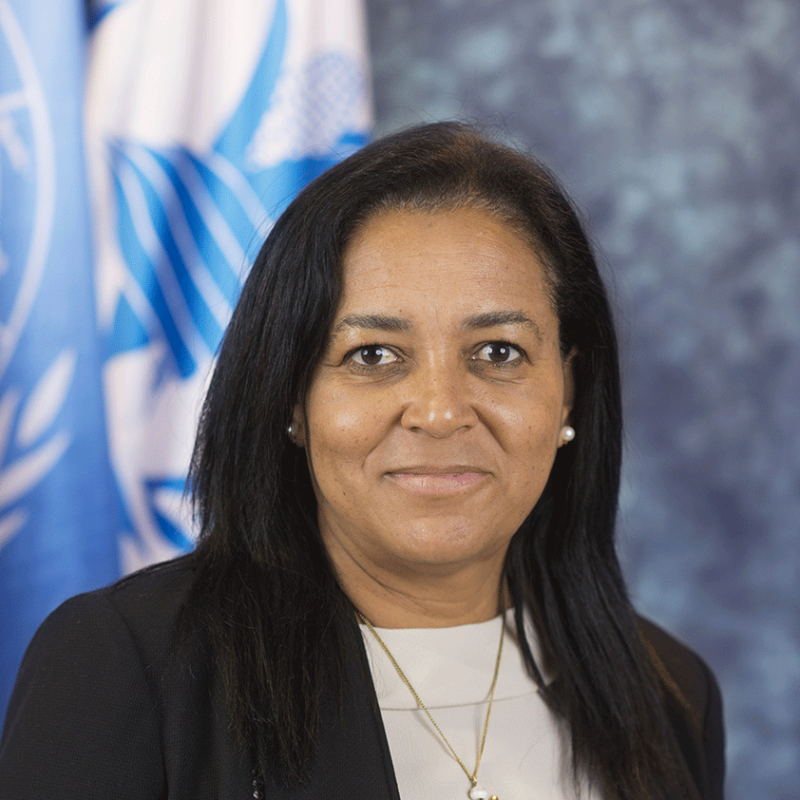Ending hunger and achieving food security
Tue 07 Jul 2020, 3.00 pm — Wed 03 Feb 2021, 3.00 pmBackground
Sustainable Development Goal 2 (SDG2) of the 2030 Agenda aims to “end hunger, achieve food security and improved nutrition and promote sustainable agriculture”. Progress has been made over the last couple of decades, however, the slow-down in progress towards hunger reduction and food security since 2015, the persistently high numbers of hungry and those suffering from under-nutrition and the emergence of obesity and diet-related non-communicable diseases worldwide are adding complexity and urgency to the challenge. Our food systems are managed in an environmentally unsustainable manner and have become a major contributor to GHG emissions. Landscape degradation is already severe, and the pace of land use change, deforestation, overfishing and environmental degradation is alarming.
Simply scaling up current actions to meet the world needs for food, fibre and energy for a growing and more affluent world population will be incompatible with sustainable utilization of natural resources and will create significant trade-offs within SDG2, but also with other SDGs and targets, including SDG3 and SDG 17, as well as with the Paris Agreement for climate change. In addition, the current COVID-19 pandemic has added to and amplified existing challenges facing food systems, especially in vulnerable countries, as evidenced by the near breakdown of food supply chains, the food shortages in many developing countries and the sharp increase in people suffering from acute food insecurity as a result of COVID 19. Food systems have been unprepared to face such emergencies.
Protecting and preserving biodiversity and natural habitats is essential for protecting health. Putting food systems on a sustainable path will contribute to meeting a large number of SDGs.
Transitioning towards sustainable food systems will take policy action and individual and collective behavioural change throughout the food systems. Policies and actions should promote sustainable agriculture production and consumption, including reducing food loss and waste, providing decent livelihoods for all actors, including women and girls, minimizing the climate and environmental impacts and increasing the resilience of food systems.
Proposed guiding questions:
- Which areas and socio-economic groups are especially vulnerable to poor nutrition and food insecurity, including women and girls, and what are ways to ensure that food systems transformations leave no one behind?
- What fundamental changes are needed to make our food systems an engine for inclusive growth and contribute to accelerating progress towards ending hunger and achieving food security for all in the Decade of Action?
- How might COVID-19 affect the implementation of needed food systems changes?
- What knowledge and data gaps need to be filled for better analyzing current successes and failures in food systems and the trade-offs and synergies, across SDGs, in implementing food systems changes to fix these failures?
- What means of implementation, including STI, and partnerships are needed to harness synergies and/or reduce trade-offs in food systems?
Chair:
- H.E. Ambassador Omar Hilale, Morocco, Vice President of ECOSOC
Moderator:
- Mr. Jomo Kwame Sundaram, former Assistant Director-General for Economic and Social Development of FAO and former Assistant Secretary-General for Economic Development of UNDESA
Resource person:
- Ms. Endah Murniningtyas, Co-Chair of the Independent Group of Scientists for Global Sustainable Development Report (GSDR) 2019 and former Deputy Minister for Natural Resources and Environment, Ministry of National Development Planning/National Development Planning Agency (BAPPENAS), Indonesia
- Mr. Bernard Lehmann, Vice-chairperson of the Steering Committee of the High Level Panel of Experts on Food Security and Nutrition (HLPE), and former Director of the Federal Office for Agriculture (FOAG), Switzerland
Lead discussant:
- Ms. Andrea Carmen, Executive Director, International Indian Treaty Council, US (Indigenous Peoples Major Group)
Followed by interactive discussion
Respondents:
- H.E. Mr. Luis Basterra, Minister of Agriculture, Livestock and Fisheries, Argentina
- Mr. Qu Dongyu, Director-General of the Food and Agriculture Organization (FAO)
- Mr. Gilbert F. Houngbo, President of the International Fund for Agricultural Development (IFAD)
- Ms. Valerie N. Guarnieri, Assistant Executive Director of the World Food Programme (WFP)



